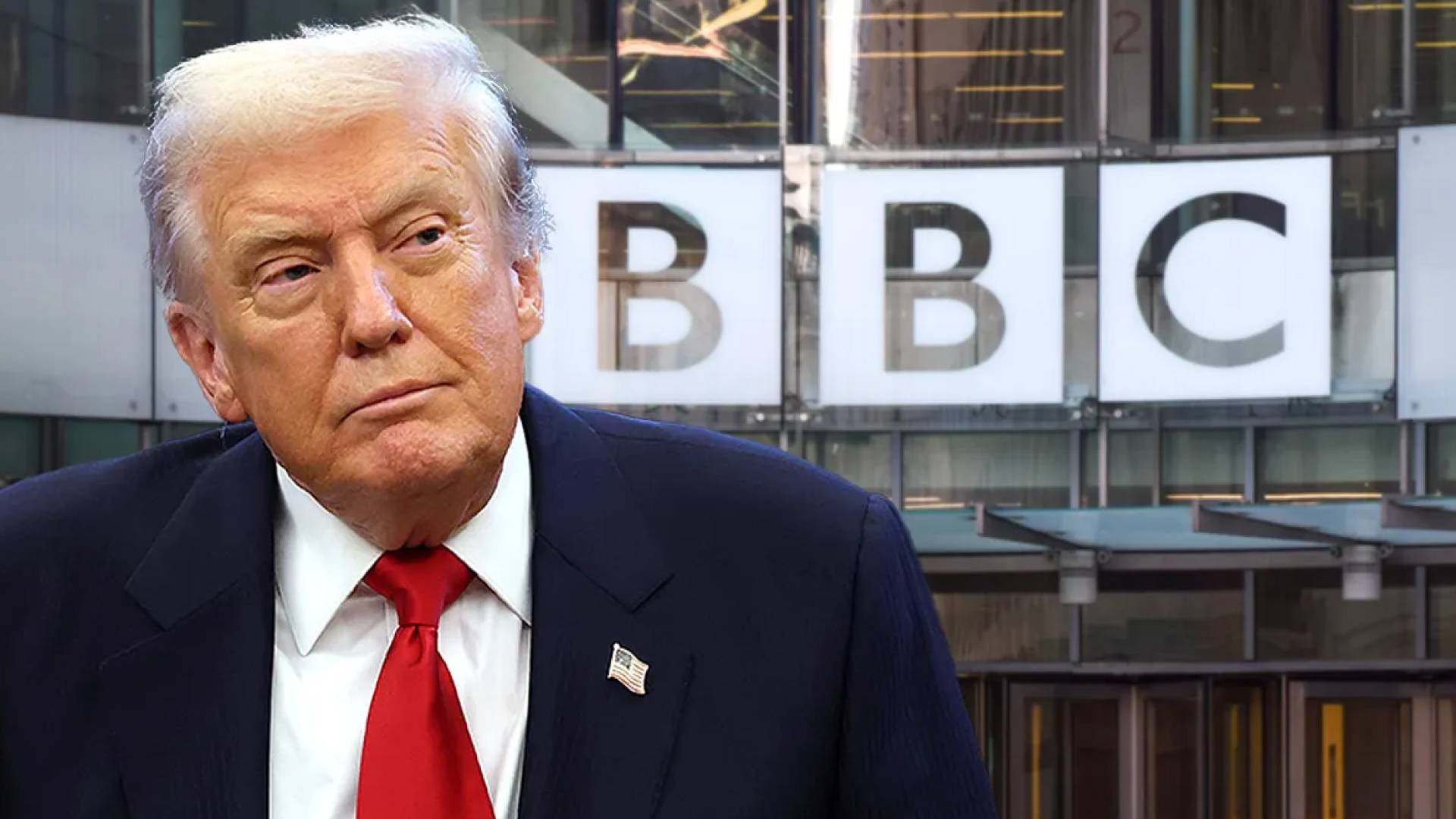BBC leaders to face lawmakers’ grilling over standards after Trump threat to sue
Note: AI technology was used to generate this article’s audio.
- BBC leaders to face MPs over editorial standards amid controversy and resignations.
Senior BBC figures are set to appear before Members of Parliament on Monday as the broadcaster faces intense scrutiny over its editorial standards and impartiality.
The hearing, convened by the House of Commons Culture, Media and Sport (CMS) Committee, comes amid criticism of the corporation’s coverage of high-profile stories, including reporting on US President Donald Trump and international conflicts.
BBC Chair Samir Shah, board member Sir Robbie Gibb, and former editorial adviser Michael Prescott are expected to answer questions regarding editorial decisions that some MPs and commentators have described as biased. Prescott’s leaked internal memo, which sparked the controversy, alleged that portions of BBC reporting, including a Panorama program on January 6, 2021, gave the impression of misrepresenting events, prompting accusations that the BBC failed to uphold its standards of accuracy and impartiality.
The controversy has already triggered significant shake-ups at the corporation. Director-General Tim Davie and BBC News Chief Deborah Turness resigned following the fallout, and Shah has publicly apologized, calling the situation an “error of judgment” while denying any defamatory intent. In letters to the committee, MPs demanded clarity on how the BBC plans to address the concerns raised by Prescott and requested full access to his internal report.
During Monday’s session, lawmakers are expected to probe how editorial decisions comply with BBC guidelines, whether structural reforms are needed to strengthen oversight, and how the broadcaster intends to restore public trust. The BBC has announced plans to expand its Editorial Guidelines & Standards Committee and create a new Deputy Director-General role, steps aimed at bolstering accountability.
The scandal has reignited broader debates about institutional bias and governance at the BBC. Former Director-General Tony Hall has called for an end to political appointments on the corporation’s board, highlighting concerns over the influence of politically connected members such as Sir Robbie Gibb. Critics argue that these appointments compromise the BBC’s independence and may contribute to lapses in editorial standards.
For the BBC, Monday’s hearing represents more than a response to a single controversial report. It is a test of the corporation’s ability to self-regulate and maintain public confidence amid growing scrutiny over impartiality and internal oversight.




